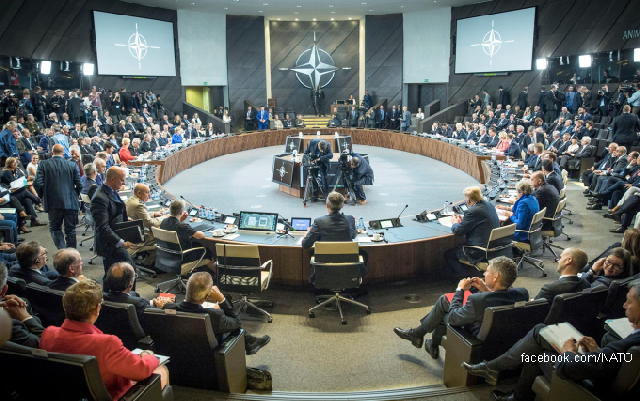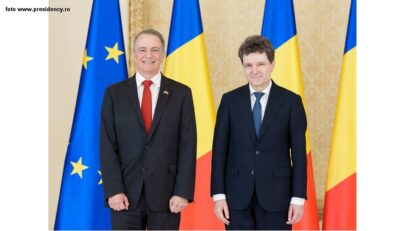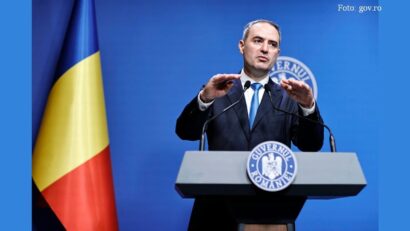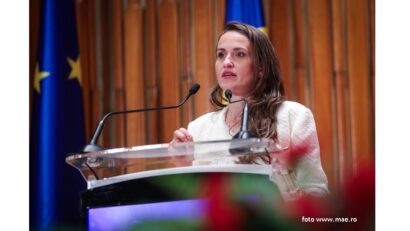Decisions at the NATO summit in Brussels
According to Romanias president Klaus Iohannis, Romania should be congratulated on the conclusions of the NATO summit

Bogdan Matei, 13.07.2018, 12:25
Romania got very
good results – this is how president Klaus Iohannis briefly described our country’s
participation in the NATO summit held in Brussels on Wednesday and Thursday. He
has characterized the talks as intense, and has stated that the conclusions
were optimistic, with many allies committing themselves to increasing their
military expenses to 2% of the GDP by 2024, along with enhanced efforts to
combat terrorism.
Part of its
constant contribution to strengthening NATO’s eastern flank, Bucharest will
host an operational command centre, and the multinational brigade that is
already on Romanian soil, will become permanent. Here is president Klaus
Iohannis:
Klaus Iohannis: We believe that, when
the center has been finalized, we will have some 400 NATO staff officers here.
We have managed to upgrade the status of the multinational brigade that we have
set up, which now has a permanent status. We will keep on negotiating with the
other allies to ensure a solid presence within this multinational brigade.
These are two of the results that we should be proud of.
Not just as a
host, but also as a provider of troops for theatres of operations abroad,
Romania announced at the summit that next year it would enhance its military
presence in Afghanistan, upsizing its troops from 700 to more than 950
soldiers. A special session was held on the sidelines of the summit, organized
at Bucharest’s initiative, devoted to security in the Black Sea area. The
guests were two riparian countries, Georgia and Ukraine, both NATO partners. In
fact, as commentators have noticed, the Black Sea was given much visibility at
the summit, including by being mentioned repeatedly in the NATO documents and
decisions, which was a confirmation of the area’s strategic importance.
In another move,
the NATO heads of state and government called on Russia to pull out its troops
form the Republic of Moldova, a former Soviet republic with a predominantly
Romanian-speaking population, as well as from Ukraine and Georgia, and to take
a constructive part in settling the Transdniester conflict.
A pro-Russia
separatist region in the east of the Republic of Moldova, Transdniester pulled
out of Chisinau’s control in 1992, after an armed conflict that claimed
hundreds of lives, and which was resolved by the intervention of Moscow troops,
on the separatists’ side. This summer alone, both the UN General Assembly and
the Parliamentary Assembly of the OSCE have called on Russia to withdraw its
troops, as it officially promised two decades ago. In the final declaration of
the summit, NATO commits itself to supporting democratic efforts in the
Republic of Moldova, as well as the efforts to strengthen the country’s defense
capabilities.






























